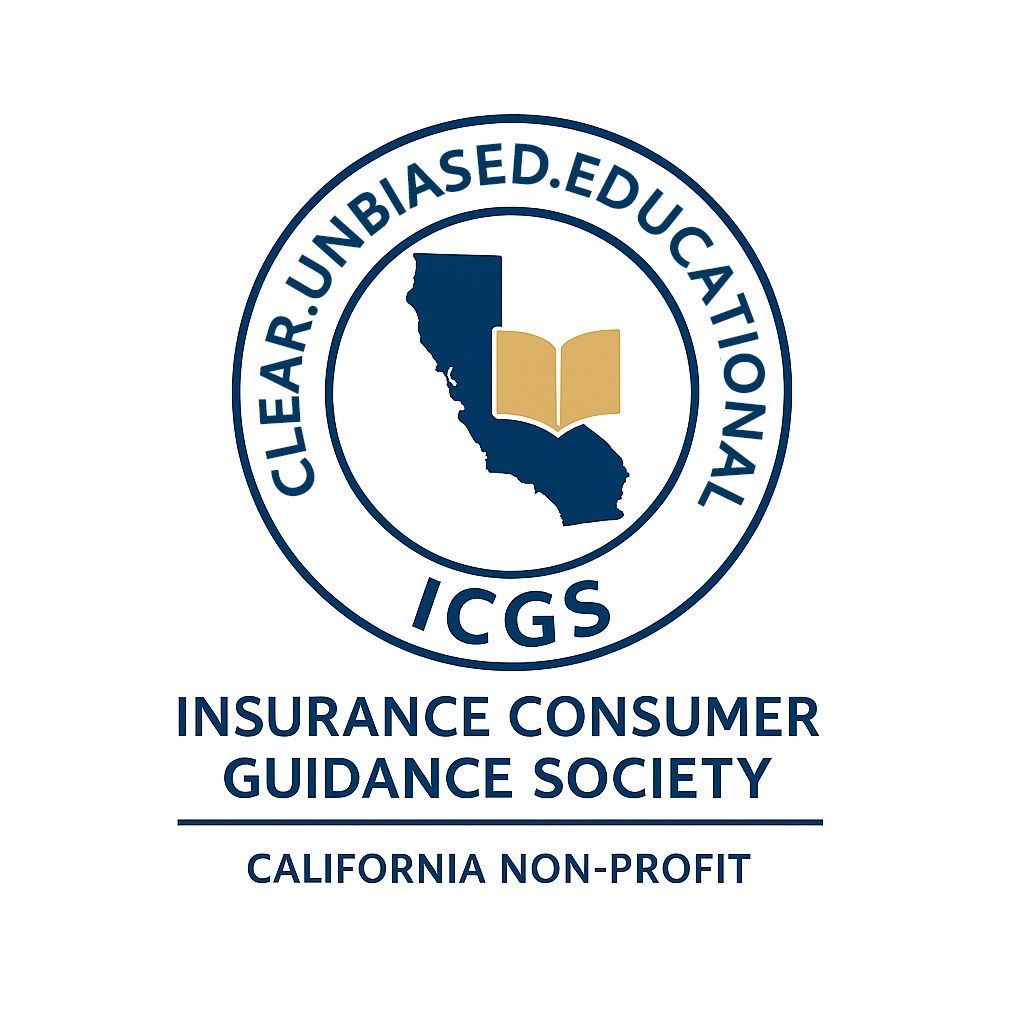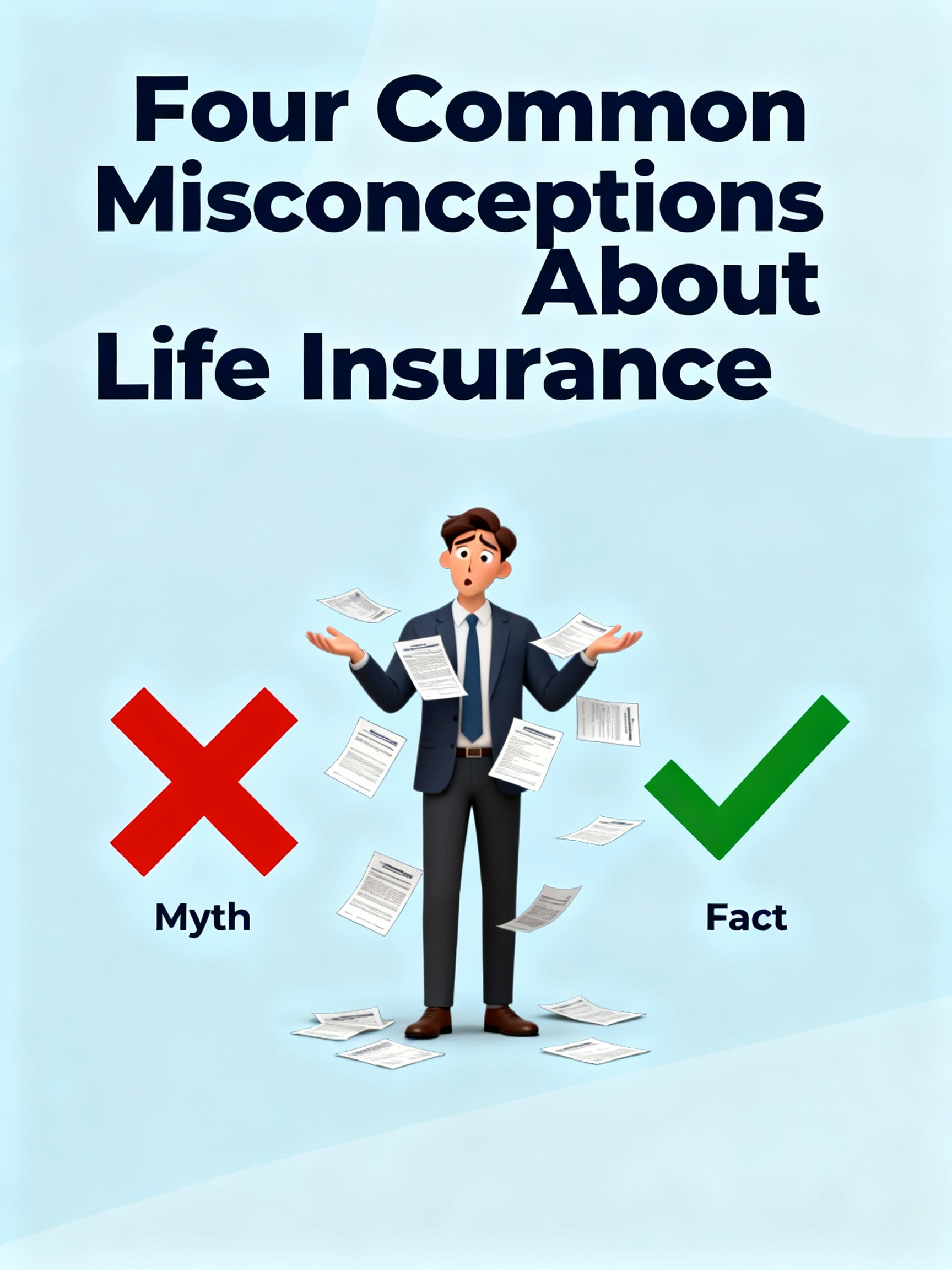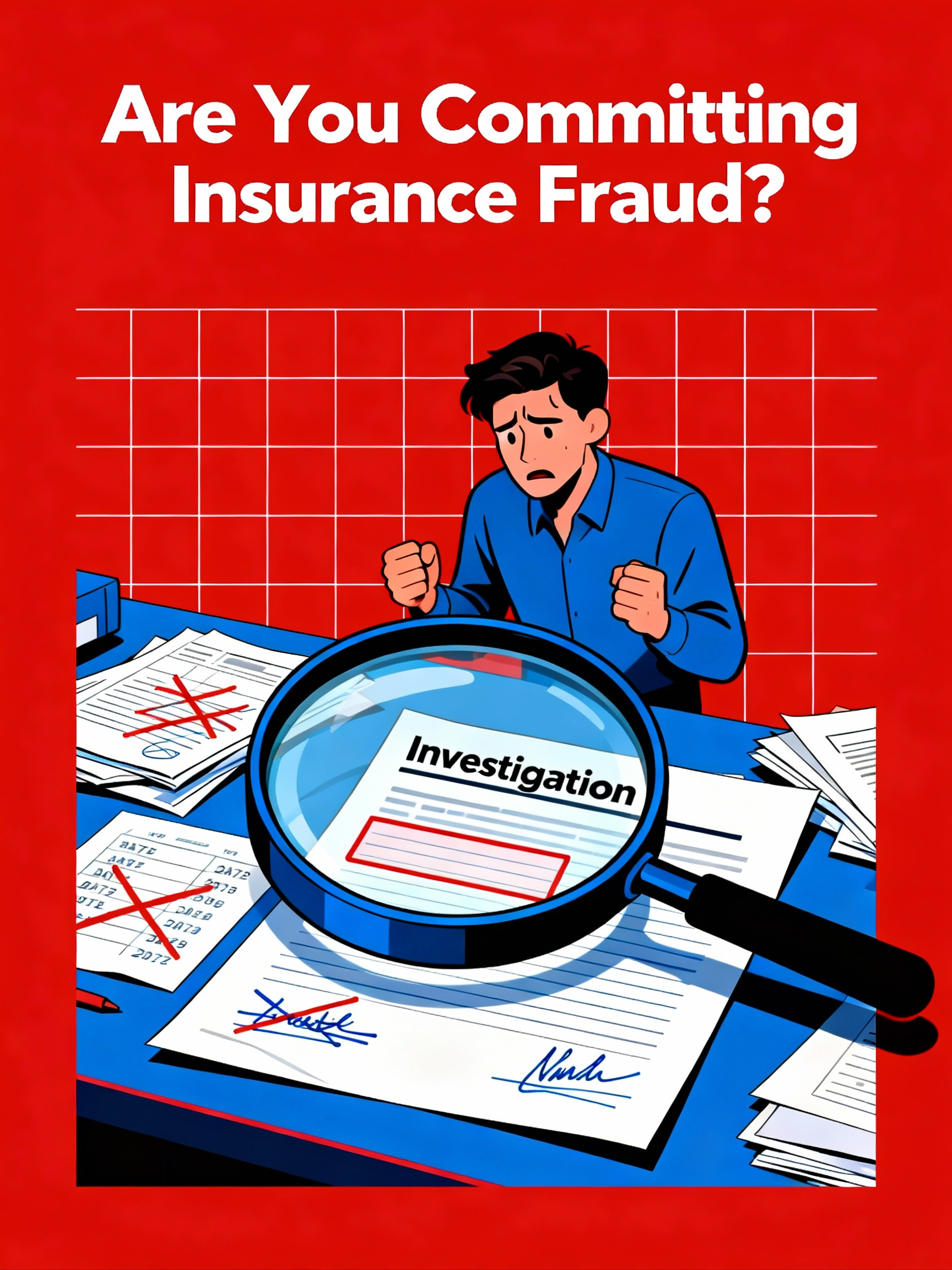AB 2743 and Car-Sharing Insurance in California
Published Date: 08/04/2024
Insurance isn’t glamorous. It rarely dominates headlines or fuels social media debates. Yet for millions of Californians, it quietly determines whether families recover after accidents, whether businesses survive uncertainty, and whether innovation can thrive in a regulated marketplace.
In the closing segment of Insurance Hour, host Karl Susman reflected on his recent conversation with Assemblymember Blanca Pacheco (D–Downey) about Assembly Bill 2743 (AB 2743) — the car-sharing insurance bill drawing statewide attention. While earlier episodes explored the legislative and political angles, this final discussion focused on something deeper: why liability limits, consumer choice, and insurance flexibility matter more than ever.
The Core Issue: Liability Limits and Legislative Change
At its heart, AB 2743 addresses a technical but critical issue — insurance liability limits for peer-to-peer car-sharing platforms such as Turo and Getaround.
These companies allow individuals to rent out their personal vehicles to others, creating a shared-economy model that benefits car owners, renters, and local communities. However, new regulations scheduled to take effect in January 2025 would dramatically increase the minimum required insurance limits for these platforms, potentially driving them out of California altogether.
“We had the pleasure of speaking with Assemblywoman Blanca Pacheco… about a bill that’s going to potentially impact insurance limits on car sharing,” Susman said. “I keep wanting to say ride sharing, but this is car sharing.”
That distinction matters. Ride-sharing involves paying someone to drive you. Car-sharing means renting someone’s personal vehicle and driving it yourself. California law treats these models very differently when it comes to insurance requirements.
Why Liability Insurance Matters
Susman used the moment to explain a foundational concept in insurance: liability coverage.
“When you have an insurance policy, you’re making a choice,” he said. “You decide how much liability insurance you want to have — how much protection you want between yourself, your assets, and the other party that might come after you in the event of some type of negligence.”
Liability insurance acts as a financial buffer — protection from lawsuits tied to injuries or property damage.
“It’s a buffer,” Susman explained. “How much distance do you want to put between your bank account and whatever might be coming after you?”
Consumers choose limits at different levels — such as $100,000, $300,000, or $1 million — based on risk tolerance and affordability.
“Some people will say they only want whatever the law requires,” he added. “That varies by state. And in California, that minimum limit is changing.”
California’s Shifting Financial Responsibility Laws
California is phasing in higher minimum liability requirements beginning in January 2025, with additional increases planned through 2026 and 2027.
While these changes are designed to ensure injured parties are adequately compensated, they also increase costs for insurers and policyholders. For car-sharing businesses, these mandated jumps could be devastating.
“This particular bill has to do with the limit being required for a business that’s doing business in California,” Susman explained. “What this legislation does is provide businesses with a lower threshold — a lower pay-to-play form of entry.”
In simpler terms, AB 2743 does not eliminate insurance obligations. It preserves them at a level intended to protect consumers without making participation financially impossible.
Financial Responsibility and the Power of Choice
One of Susman’s most important points centered on financial responsibility — the legal obligation to cover damages caused to others.
Most drivers meet that obligation by purchasing insurance. But insurance isn’t the only option.
“You don’t actually have to have an insurance policy,” Susman noted. “You could post a bond and still satisfy that requirement.”
This little-known fact highlights a broader principle: flexibility is central to a healthy insurance system. Consumers and businesses should be able to choose how they meet legal requirements.
“Choice is everything,” Susman said. “Consumers need to make choices for themselves, and businesses need to make choices for themselves as well.”
That philosophy is embedded in AB 2743. The bill doesn’t weaken coverage — it restores flexibility by preventing excessive, automatic increases that do not reflect real-world risk.
A Broker’s Perspective on Risk and Reality
Drawing on decades of industry experience, Susman explained why sharply increasing liability limits can backfire when imposed without context.
“Insurance companies provide what consumers are seeking to buy,” he said. “You can buy liability insurance in the thousands, tens of thousands, hundreds of thousands — even into the millions.”
But the real question is how much is truly necessary.
“Does the average person need $100 million in coverage? Of course not,” he said. “Do they need $15,000? $100,000? $500,000? A million? That’s where it becomes individualized — and why choice is so important.”
Insurance is not just about covering present assets. It’s about protecting future financial stability.
“Some people say they only need as much coverage as they have in assets,” Susman explained. “But that misses the point. You could still be sued for more than what you own.”
Why AB 2743 Reflects Sound Insurance Policy
From a policy standpoint, AB 2743 mirrors the same principle that underpins responsible insurance planning: reasonable protection without overreach.
The bill maintains strong coverage standards for car-sharing platforms while preventing a disproportionate jump that could cripple the market.
“It provides businesses with a more reasonable entry point,” Susman said. “That keeps innovation alive and allows consumers to keep making their own decisions.”
At its core, the bill supports the primary goal of insurance itself — spreading risk efficiently while keeping participation accessible. Without that balance, both businesses and individuals face exclusion strictly due to cost.
The Real Cost of Small Claims
Susman also highlighted how even minor accidents can become expensive — reinforcing the need for liability protection and thoughtful regulation.
“For small fender benders, even when nobody’s hurt and the damage is minor, costs add up quickly,” he said. “If attorneys get involved, it gets more expensive and more time passes.”
In such situations, higher mandated limits do not necessarily lead to better outcomes. Instead, they can inflate costs across the system, ultimately raising premiums for everyone.
That is why, Susman argued, adjustments to liability limits must be data-driven rather than symbolic.
Consumer Education as the Missing Piece
Beyond legislation, Susman returned to a recurring theme: the need for stronger consumer understanding of insurance.
“Insurance isn’t the most exciting thing in the world,” he said. “But it’s important that you understand what you’re getting, what you should be looking for, and what the red flags are.”
With policies becoming more complex, consumer education is no longer optional. It is essential.
“Things are more complicated than they used to be,” he said. “You just need to know more than you used to.”
This blend of public education and policy insight remains the core mission of Insurance Hour.
Why AB 2743 Matters Beyond Car Sharing
Although AB 2743 focuses on car-sharing insurance, its implications are far broader. The bill represents a test of how California handles innovation — whether it adapts regulation to support new models or allows outdated mandates to push them out.
“This legislation provides businesses with a fairer path to operate,” Susman said. “And when businesses can stay in California, consumers win too.”
Insurance regulation also influences environmental policy, mobility access, and economic development. Car sharing reduces vehicle ownership and emissions by maximizing existing vehicle use — meaning this bill touches far more than just insurance.
The Bottom Line: The Freedom to Choose
As Susman closed the segment, one message stood out above all others: the freedom to choose is fundamental — for consumers, for businesses, and for a sustainable insurance system.
“Choice is everything,” he said. “Consumers need to make their own decisions, and businesses need reasonable ways to participate.”
That balance between regulation and freedom, safety and innovation, is what keeps California’s economy resilient.
Insurance may not be glamorous, but it is essential. And as AB 2743 demonstrates, when regulation respects both protection and choice, innovation can continue — without leaving consumers exposed.
Author






